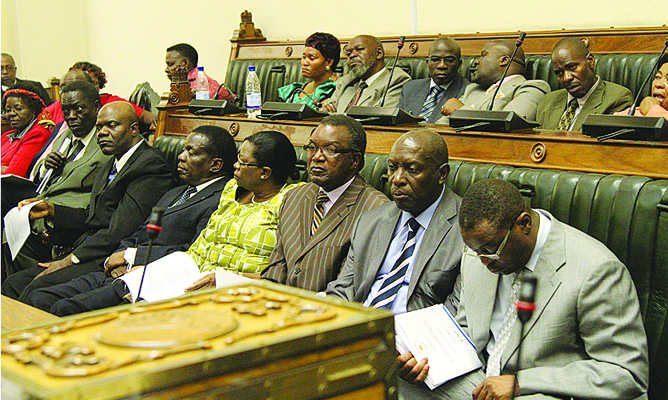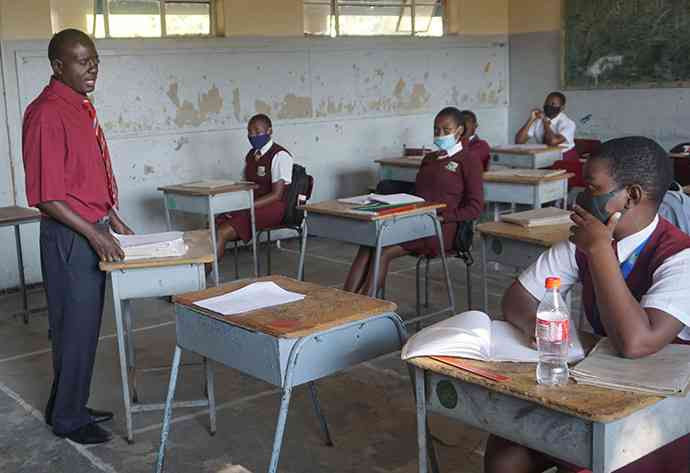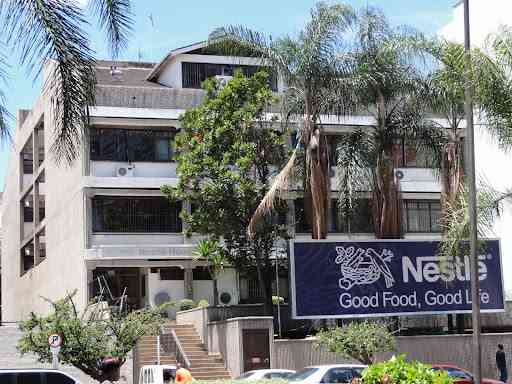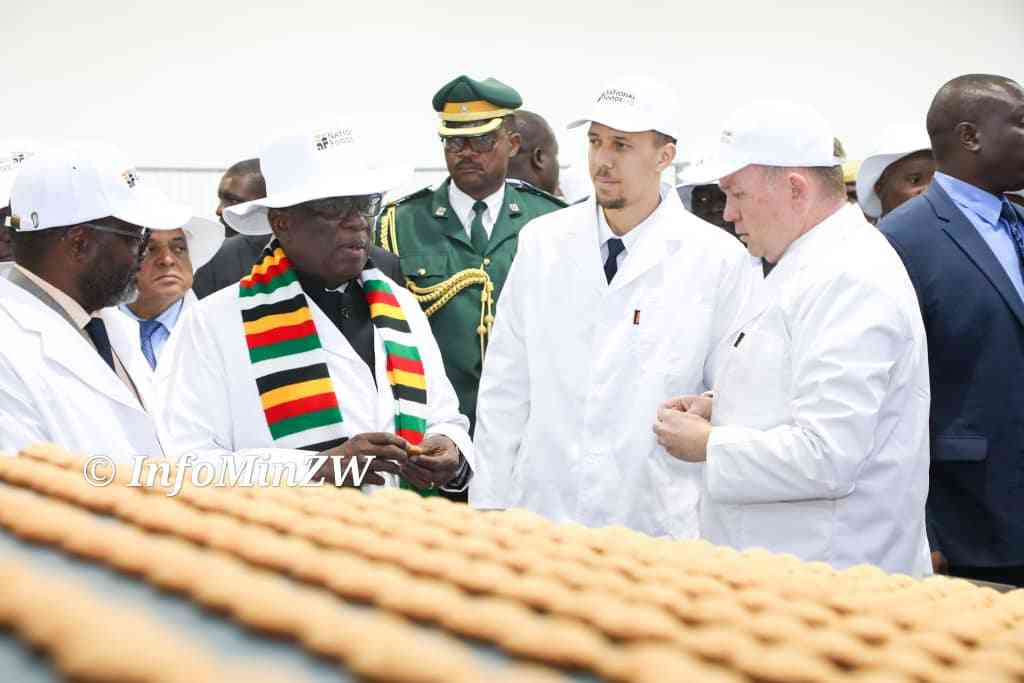
The Zimbabwe Textile Manufacturers, Association (ZITMA) wants a complete ban on polyester knitted fabric and finished blankets entering the country to protect the textile industry from collapse.
BY TATIRA ZWINOIRA
The move comes as cheap imports, mainly from China, were flooding the market establish suffocating local industries.
“With immediate effect the tariff codes that carry duty of 10% should be aligned with the tariffs codes that carry duty of 40% plus $2,50 per kg or we request a complete ban on polyester knitted fabric and finished blankets entering Zimbabwe,” the association told the Parliamentary Portfolio Committee on Industry and Commerce yesterday.
The committee was on a mission to see the state of the sector.
“This will enable the manufacturers to create more employment for Zimbabweans and these manufacturers have the capacity to do so, but they are unable to compete with imports flooding our markets as this has a negative impact on industry.”
Industry players told the committee that cheaper imports made local products uncompetitive.
“The main challenges are cheaper imported materials coming into the country through traders where we got large amounts of overheads in the business,” chief executive officer of Tanzi Zimbabwe (Private) Limited Derek Beauchamp told legislators.
- Chamisa under fire over US$120K donation
- Mavhunga puts DeMbare into Chibuku quarterfinals
- Pension funds bet on Cabora Bassa oilfields
- Councils defy govt fire tender directive
Keep Reading
“We employ 160 people in Twine and Cordage and this product is affecting their jobs, their existence, and the business as a whole.”
Kingfisher Prints told the committee that cheap imports from China have been allowed to flood the market making it impossible for the local industry to compete as they were being sold at prices which were sometimes below the local cost.
“This has seen the closure of many textile companies as most people now prefer to import rather than to support the local industry,” the company said.
It said China gave 14% to 20% export incentives, hence Chinese manufacturers were able to produce goods at cost or slightly above and still retain profitability.
Waverly Blankets chief executive officer Victor Cohen said the influx of cheap products had resulted in employment in the sector being reduced to 3 000 from 54 000 in 2008.
“We are having the worst blanket season in the history of Waverly. All imported products are coming in from China and we are having difficulty competing with them,” Cohen said.
Committee chairman Edmund Mhere conceded that imports were flooding the country and proposed that “there must be control at the borders”.
“Some of the countries that we are trading with are dumping cheap stuff into Zimbabwe so I think the Ministry (of Industry and Commerce) has to consider stopping that,” he said.
Mhere said that the committee would go through their findings and present them before the next parliamentary meeting.











